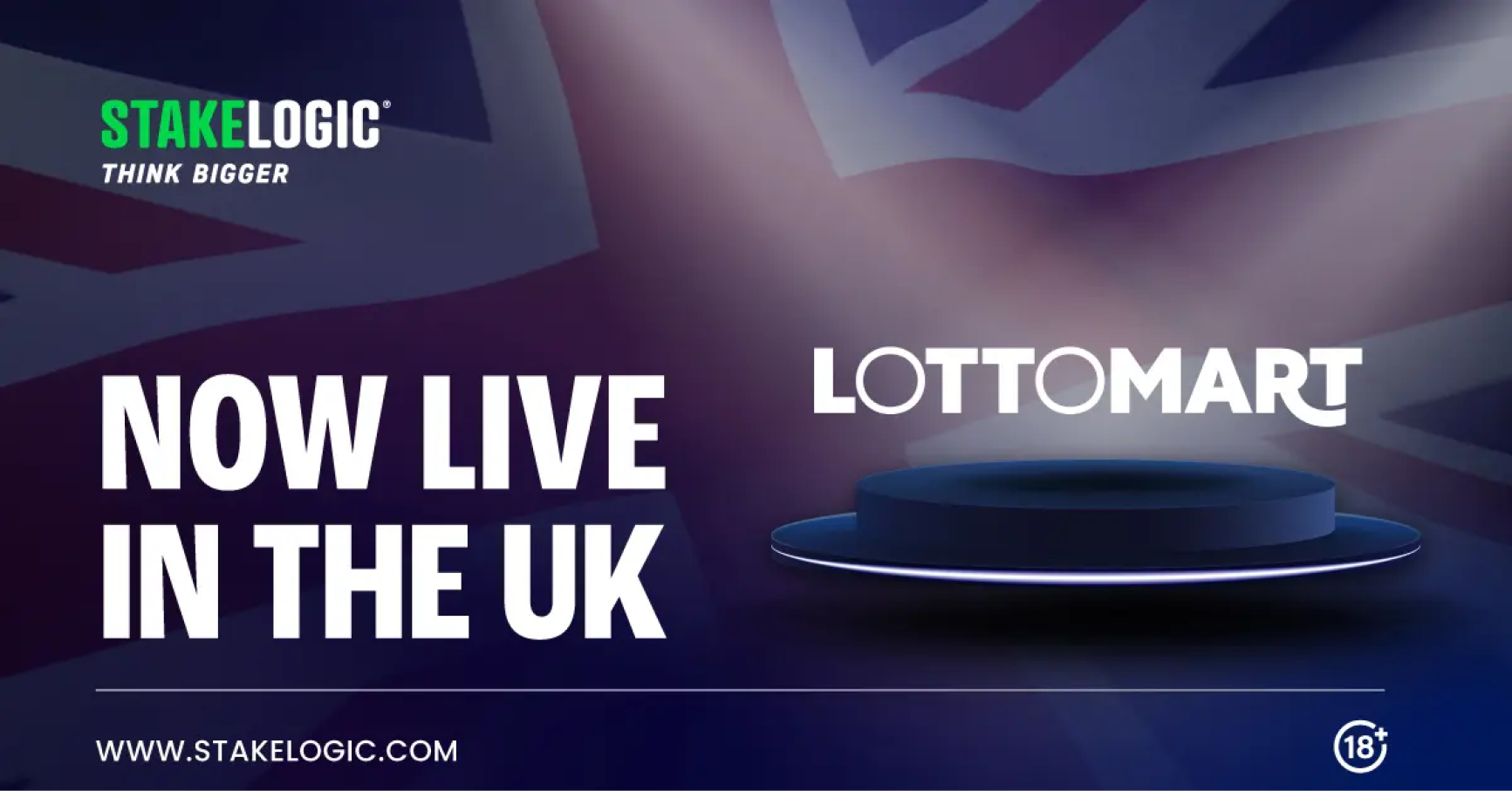Gambling
Crypto Casinos Versus Traditional Online Casinos: The Gambling Frontier in the Netherlands

The Netherlands, a country known for its progressive stance on various social issues, is witnessing a growing debate on the differences between online crypto casinos and traditional online casinos. With the emergence of the digital gambling market, a result of the increased number of available online casino sites for players, the number of choices have proliferated and the amount of players have been growing. As players face a huge variety of options, it is crucial to understand the differences for Dutch gamblers navigating the changing landscape of online casinos.
Regulatory environment: A major differentiator
Since April 2021, online gambling has been legal in the Netherlands, with the advent of the Remote Gambling Act (Kansspel op Afstand, or KOA). For the gambling sector, the Dutch Gaming Authority (Kansspelautoriteit, or KSA) lays down the rules and ensures the operators of the sector adhere to balanced rules for transparency, player protection, and responsible gaming.
Traditional online money casinos includes online casino sites, both the standard ones and the ones offering bonuses for participation. There are for example casinos offering a no deposit bonus on registration in the Netherlands, and using Dreamlead is a great tool to compare various online casino sites to find the best no deposit bonuses. What these traditional online money caisnos have in common is that the casinos accepts fiat money such as euro. Furthermore, they are regulated by the KSA, having to adhere to strict regulations. Such services are required to have a Dutch gambling license and the relevant EU financial regulations, anti-money laundering (AML) protocols, and Know Your Customer (KYC) regulation.
In contrast, the cryptocurrency casinos operates in a legal grey area. Much of the regulation is based on offshore registration, as it is not mandated to register an account in the Netherlands, and as such Dutch player access is closed off unless a virtual private network (VPN) is used. The regulatory gaps has created concerns about fairness, security, and even money laundering, as blockchain technology is offering anonymity, which is both a benefit and a pathway of potential risk.
Payment methods: Convenience vs. innovation
Nowadays, online casinos in the Netherlands offer means of payment in advance, such as iDEAL, PayPal, or credit cards. These platforms show high security, fast processing, and high levels of user confidence. Generally, a particular focus is given to the popularity of Dutch payment channel iDEAL, as a form of euro transfer in a very simple and direct way.
Crypto casinos, however, process payouts in digital currencies, like for example Bitcoin (BTC), Ethereum (ETH), and Tether (USDT). Unsurprisingly, this new system is appealing to tech-savvy players more who prefer more rapid transactions, cheaper fees, and enhanced privacy. For example, Bitcoin transactions are typically settled within minutes at maximum, while traditional bank transfers can indeed hit several business days before being processed. Some crypto casinos are described to also use hybrid systems, providing the option to make and receive deposits and withdrawals in fiat currencies as well as in cryptocurrencies.
However, volatility is a key drawback. Cryptocurrencies and blockchain have the characteristic of having very different prices, and therefore the value of winnings could be different. For instance, Bitcoin price dropped by nearly 65% in 2022, exposing the potential risks involved.
Security and anonymity
The security of online gambling cannot be taken lightly. They employ sophisticated systems of encryption and fraud control to secure user information and transactions. In addition, KYC screenings constrain access to only allowing legitimate users to such services, thus neutralizing the potential for fraud and underage gambling.
Crypto casinos are, in fact, based on blockchain technology, and they do provide a high level of security and transparency. All transactions are kept on a decentralized ledger, to avoid it to be forged. Further, cryptocurrencies may provide a degree of anonymity that is absent on mainstream platforms. It is appealing to privacy-sensitive consumers. However, it also prompts speculation on the possibility of “intrusive” surveillance of undesirable and illegal activities, for example money laundering and tax evasion.
Game selection and user experience
Traditional and crypto casino are offering a very diverse game library, comprising of slot games, poker games, and live dealer games. However, the technology underpinning these platforms often differs. Traditional casinos typically use established gaming providers like NetEnt and Microgaming, offering a polished, familiar experience.
Crypto casinos are increasingly adopting decentralized gaming models. These platforms are based on provably fair algorithms that enable players to check the fairness of every game. This innovation has resulted in increased transparency and user trust. However, it is probable, in general, for the interface and overall experience to be less refined than its predecessors, especially for beginners to blockchain, who are not yet familiar with the technology of blockchain.
Costs and fees
One of the unique benefits of the crypto casinos is the low cost, obtained due to the use of cryptocurrency payment. Traditional casinos are significantly more costly due to the involvement of banks and payment vendors.
However, without an established regulation, players can be at risk of hidden costs in a crypto casino, due to high withdrawal fees or poor exchange rates. In addition, the absence of consumer protective devices exposes consumers to both fraud and monetary damage.
Popularity in the Netherlands
Data shows that the online casino market in the Netherlands is projected to reach $0.46 billion in 2024. Furthermore, the revenue is expected to show an annual growth rate (CAGR 2024-2029) of 5.10%, which would lead to a projected market volume of $0.59 billion by 2029. A great share of this market is cryptocurrency-based platforms. However, in the Netherlands, traditional online casinos remain dominant, especially due to regulatory constraints and the widespread use of platforms like iDEAL.
However, a growing demand from younger players and crypto enthusiasts is based on a desire for novelty and the potential for innovation. This is also what is feeding the growing demand for blockchain-based casinos. As more awareness about crypto and blockchain takes form, crypto casinos could challenge traditional platforms, that is when they address regulatory and security concerns.










